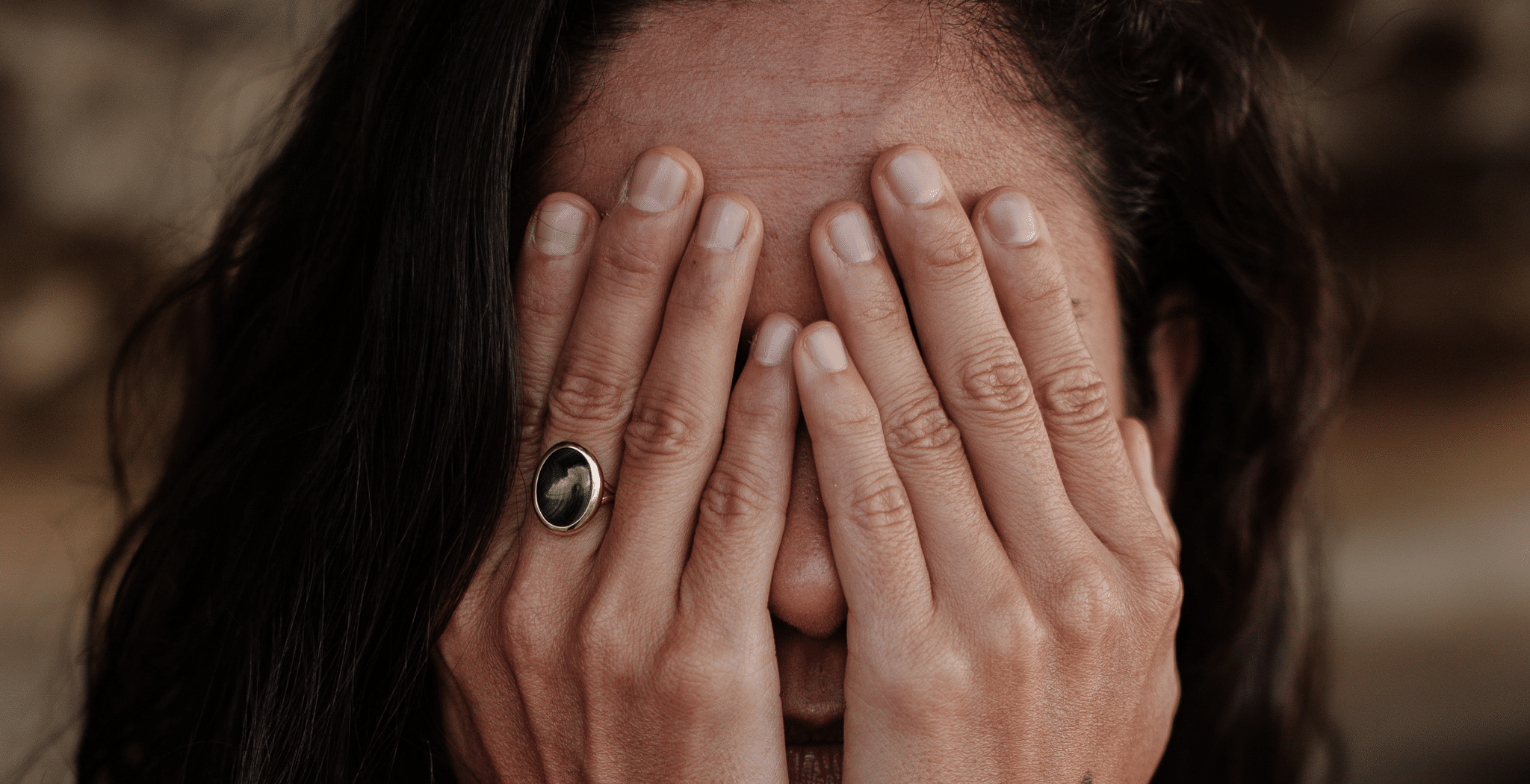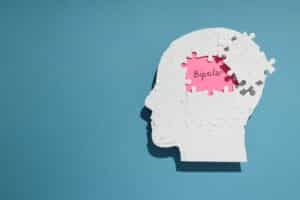If you are someone with a panic or anxiety disorder, or a loved one of someone who has this disorder, you have seen how terrifying this is first hand. Not only are they psychological but they also have physical symptoms such as a racing heart, the feeling of choking, sweating, and shortness of breath.
They can be terrifying and can feel like the world is closing in on you, so you want to be able to stop a panic attack or anxiety attack quickly.
Below we will outline the differences between an anxiety attack and a panic attack, coping mechanisms that can help you, and different options for treatment.
The Difference Between an Anxiety Attack and Panic Attack
Many people think that you can use anxiety attacks and panic attacks interchangeably, however, they are different. There are definitely similarities between the two, but they have a very important difference.
This difference is called a stressor. In terms of anxiety and panic attacks, a stressor is a situation that a person is in. It is an external, environmental situation that causes stress to the person. Anxiety attacks are often a reaction to a stressor, but a panic attack does not need a stressor to happen.
Anxiety Attacks
As mentioned before, an anxiety attack is usually caused by a stressor. An example of this could be that feeling you get when you’re on a rollercoaster and are at the very top, waiting for the drop. Alternatively, it could be walking down a dimly lit street at night and hearing footsteps approaching you from behind very quickly.
Both of these situations can induce an anxiety attack. You may feel full of fear, your heart may start to race and you may have shortness of breath. This is short-lived though. When the stressor that is causing you to feel this way goes away, so does the anxiety attack.
Coping Mechanisms
Here is a list of some great coping mechanisms to use when you are feeling anxious, or having an anxiety attack.
- Take deep breaths – inhaling and exhaling slowly
- Learn different relaxation techniques that you can use anywhere
- Count to 10 slowly – repeat this as often as necessary
- Accept that you may not be in control of the situation
- Try to maintain a positive attitude
- Know that this feeling is not permanent
Identifying Your Stressors
One of the best coping mechanisms, as well as preventative measures, you can do for your anxiety attacks is to know your stressors. When you know what your stressors are, you may be able to stop an anxiety attack from coming on. Below is a list of some common stressors.
- Financial problems – debt, unexpected expenses, borrowed money
- Health – your own health or a loved one’s, someone passing away
- Past experiences – childhood trauma that has followed you into adulthood
- Work – pressure at your work, or unemployment
- Family – being a caregiver, divorce, difficulties within your immediate family
Treatment Options
When you or a family member or friend has an anxiety disorder, it’s important to seek treatment. Although anxiety can’t be seen to the naked eye in most cases, it can be crippling. This is not something you, or a family member, should live with.
There are several treatment options when it comes to anxiety disorders.
- Prescription medication – your doctor may prescribe you medication if they feel that this is the right route for your anxiety. Many different medications are available for those who suffer from anxiety
- Antidepressants
- Antipsychotics
- Benzodiazepines
- Anticonvulsants
- Psychotherapy – this is also known as “talk therapy.” The most popular psychotherapy is Cognitive Behavioral Therapy in which your therapist will identify your troubled behaviors and help you change the way you think about them. Other therapies for anxiety are:
- Dialectical Behavioural Therapy
- Exposure Therapy
- Group Therapy
- Hypnosis
- Changing your life habits – this is something you can do by yourself easily by changing your diet to be more healthy, getting more exercise, not drinking alcohol as much, and practicing mindfulness

Panic Attacks
Panic attacks can be very scary to experience as there is no real warning that one is coming. So, what is a panic attack? It is a very sudden, and very intense, rush of panic, fear, or anxiety (or all at the same time).
Panic attack symptoms range and can differ from person to person, however, the main symptoms that a person having a panic attack will feel are:
- Difficulty breathing
- Trembling
- Heart pounding
- Chest and arm pains
- Sweating
- Detachment from reality (in very bad cases)
Due to the pain, you may feel in your chest or arms during a panic attack, many people think they are having a heart attack. This certainly does not help with the panic that you are already feeling.
You are probably wondering how long do panic attacks last? Thankfully, they usually only last between 5 to 20 minutes, but there have been some reported to last up to an hour.
Coping Mechanisms
Coping mechanisms are a great way to deal with the signs and symptoms of a panic disorder. Below is a list of some great ways to cope when you are having a panic attack.
- Take deep breaths
- Close your eyes
- Picture a happy place
- Repeat a mantra
- Use the 5-4-3-2-1 method
- Name 5 things you can see
- Name 4 things you can touch
- Name 3 things you can hear
- Name 2 things you can smell
- Name 1 thing you can taste
- Using this method can help you feel more grounded
As well, knowing the cause of panic attacks always helps in the prevention of them, or aid when you are in one.
Treatment Options
The treatment options for a panic disorder are very similar to those for an anxiety disorder.
- Psychotherapy – As with anxiety disorders, you will want to see a psychologist to work with. They usually use cognitive behavioral therapy for panic disorders. This way you will learn how to change your behavior when in an attack, and how to get help
- Prescription medication – There are several types of medications which have been shown to have effectiveness in managing panic attacks
- The first choice and typically recommended medication for panic disorders are called Selective Serotonin Reuptake Inhibitors (SSRIs). A type of SSRI that helps with panic disorders is Prozac
- Another choice would be a Serotonin and Norepinephrine Reuptake Inhibitors (SNRIs). An example of this type of medication is Effexor
- Lastly, Benzodiazepines are also recommended as this is a sedative for the central nervous system. However, these can become addicting
Stop a Panic Attack
It can be very scary to have either an anxiety attack or a panic attack. It can leave a person feeling very disoriented and scared. An attack is not something you want to go through again, unfortunately, these are disorders which means that you most likely will have more than one.
Knowing the signs of an anxiety or panic attack can help your response. As well, using the above mentioned coping mechanisms will help greatly when trying to stop a panic attack or anxiety attack. It is important to know that you are not alone, and there are options out there for you.Here at Southern California Sunrise Recovery Center, we know that we can give you the help you need, and it all starts with you contacting us! Please reach out to us if you think you may have either an anxiety or panic disorder – we are here for you.







